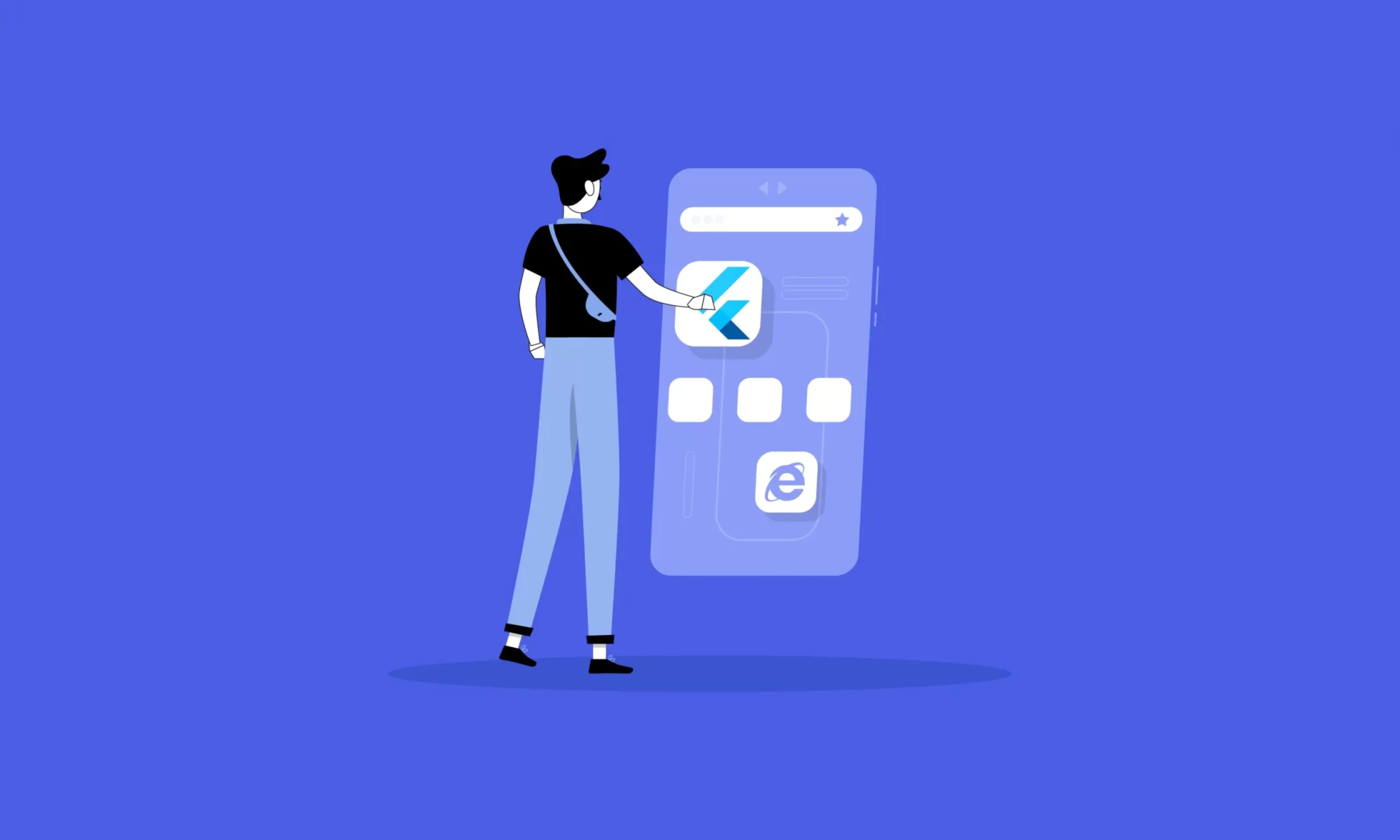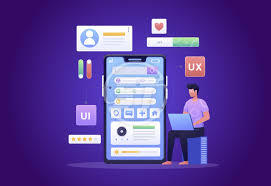Choosing between native vs hybrid apps in London has become a major decision for businesses aiming to launch high-performance mobile applications. Whether you’re working with a mobile app development company in London or exploring solutions on your own, understanding these two approaches can help you build a faster, more scalable, and cost-efficient app. This guide breaks down the benefits of each so you can make an informed decision that aligns with your goals.
London businesses often chat with app development companies here to get some clarity. Here’s an honest look at both options to help you decide.
Native Apps: What Are They?
Native apps are built just for one platform—so either iOS or Android. Developers use languages like Swift or Kotlin, depending on the platform.
Why Go Native?
- Speed and power. Native apps just run better. They handle heavy features without breaking a sweat.
- Security. You get tighter control over data and advanced security features.
- Top-notch user experience. Native UI fits right in, so everything feels natural and quick.
- Full access to device features. GPS, camera, you name it—it all works smoothly.
That’s why so many brands and startups here in London go with experienced native app designers when they need something that’s fast, secure, and reliable.
Hybrid Apps: What’s Different?
Hybrid apps use one codebase for both iOS and Android. Developers use tools like React Native, Flutter, or Ionic to pull this off.
Why Go Hybrid?
- Lower costs. One build covers both platforms, so you save time and money.
- Faster launches. You can get your MVP or startup idea out the door quickly.
- Easier updates. One codebase means you can push out changes everywhere without a fuss.
- Solid performance and modern looks. Today’s frameworks are pretty close to native in both feel and speed.
If you’re after a quick rollout, London app developers can help you get a hybrid app up and running without breaking the bank.
Native vs. Hybrid: The Key Differences
Performance: Native apps win for speed and power, but hybrids are no slouch.
Cost: Native is pricier. Hybrid is easier on the wallet.
Development time: Native takes longer. Hybrid is quicker.
User experience: Native feels a bit more polished, but hybrids are catching up.
Best for: Native works for complex, feature-heavy apps. Hybrid shines for startups, MVPs, or projects with tight budgets.
So, which one should you pick? It really depends on your business and your users.
When Should You Choose Native?
Go native if you want:
- High performance
- Real-time features like chat, streaming, or maps
- A premium look and feel
- Lots of room to grow
A skilled app developer in London can help you build a native app that’s smooth and lightning-fast.
When’s Hybrid the Better Choice?
Pick hybrid if you need:
- To save money
- To launch quickly
- An app that works on both iOS and Android right away
- Easy updates
Businesses often team up with London app developers for hybrids when they want something that works well, costs less, and gets to market fast.
The Bottom Line
Both native and hybrid apps have real advantages. Your decision depends on your goals. If you want a powerful, custom app and you’ve got the budget, go native. If you want something that’s affordable, works everywhere, and moves fast, hybrid is the way to go.
Either way, a good mobile app development company in London—folks who know the local market—can help you turn your idea into an app that people actually want to use.
FAQs
- Which is better for startups, native or hybrid apps?
Most startups choose hybrid apps. They’re cheaper and faster to build. - Are native apps more expensive?
Yes, since you need separate teams for iOS and Android. But you also get more power and flexibility. - Can hybrid apps perform well?
Absolutely. Tools like Flutter and React Native deliver strong performance—good enough for most business needs. - Why hire a London app development company?
Local teams get the market, know what users here want, and understand the rules—so your app just fits better. - Do London mobile app designers only work on UI/UX?
They focus on design, but usually work closely with developers to make sure the whole app looks and feels right, no matter the platform.




